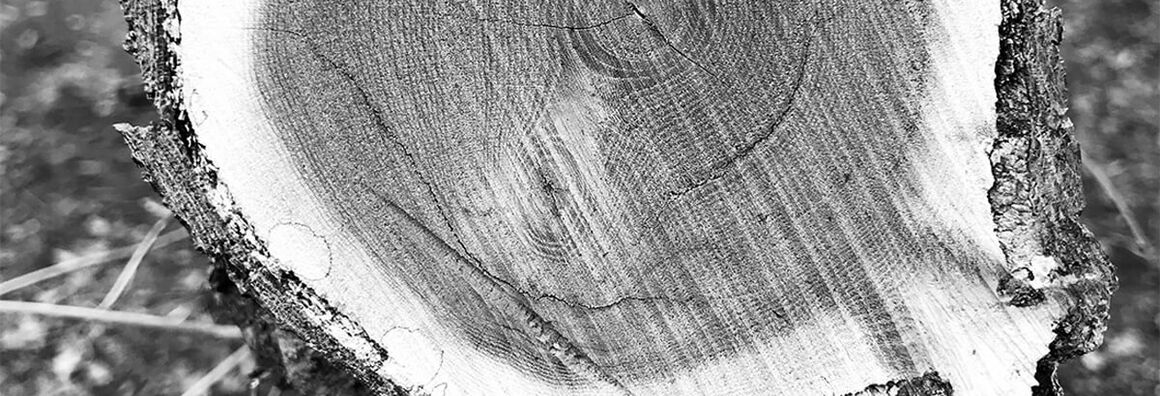
The Time Lapse as a Narrative Technique in the 20th and 21st Century
Time lapses and ellipsis are basic narrative strategies in literature. These narrative techniques are under scrutiny in contemporary literature, which attempts to depict long periods of time. Speculative novels and so-called climate fiction, in particular, cover long periods of time in order to shed light on larger temporal and spatial contexts and the interaction of different (also non-human) entities.
The project takes this as an incentive to put the narratological problem of ‘Duration’ (Genette) into a new perspective and to historicize it. Genette used the term Duration for the ratio between how long events take to unfold in the story world and how much text is devoted to their narration. Thus, the story time (histoire) is measured chronologically while the narrative time (discours) is spatialized (as the length of the text). By looking at the depiction of long periods of time in narrative texts of the 20th and 21st century, the project analyzes this ratio and its shifts in an extreme. To be considered ‘long,’ a time period must exceed several decades (a time period usually covered by the generational novel) and may be measured in centuries or millennia. Furthermore, the project elucidates the preconditions of the respective notions of time and history in different novels. The project has three main research objectives:
- Narratological aspects: How are text passages focalized and who is speaking when the depicted time period exceeds an individual’s lifetime by far? What are the limits of narrative techniques such as time lapse and ellipses?
- Models of time and history: Are there correlations between the discussion of time and history in the histoire and the modelling of time qua the discours? Is the (im)possibility of memory and archiving explored? Do developmental hypotheses and historical-philosophical presumptions come to the fore in the histoire or the discours?
- Cultural and media history: Does knowledge from other fields influence the depiction of long periods of time, especially knowledge from the historical sciences? How important are modern narratives and techniques of acceleration in other media for literature? Are there any specific literary ‘capacities for acceleration and delay’ (Genette) or effects in comparison to other media?
Fig. above: © Dirk Naguschewski
Publications
Eva Axer
- The Deep Time of Life: Narrative Speed as Expression of Arboreal Time Scales in Richard Powers’s The Overstory, in: Joela Jacobs, Isabel Kranz, Solvejg Nitzke (eds.): Plant Poetics. Literary Forms and Functions of the Vegetal. Leiden: Brill 2025, 83–101
- “Now put me to use.” Kleine Formen in Kim Stanley Robinsons Anthropozän-Roman The Ministry for the Future, in: Kulturwissenschaftliche Zeitschrift 1 (2025): Geistesgegenwart und Nachdenklichkeit, 106–129
- Review of: Peter Schnyder (ed.): Erdgeschichten. Literatur und Geologie im langen 19. Jahrhundert. Würzburg: Königshausen & Neumann 2020, in: Zeitschrift für deutsche Philologie 4 (2024), 603–605
- Tiefenzeit erfahren. Roadtrips und andere Arten des Reisens in John McPhees ‘Annals of the Former World,’ in: Gwendolin Engels, Claude Haas, Dirk Naguschewski, Elisa Ronzheimer (eds.): Im Fuhrpark der Literatur. Kulturelle Imaginationen des Autos. Göttingen: Wallstein 2022, 240–253
- Lebenszeitskalierung und Wahrnehmungsgeschwindigkeit (bei Karl Ernst von Baer, Richard Powers und anderen), in: ZfL Blog, 30 Jun 2021
Events
Nonhuman Narration in Arts & Literature: Tales of Chatbots, Stones and Cells
Leibniz-Zentrum für Literatur- und Kulturforschung, Eberhard-Lämmert-Saal, entrance Meierottostr. 8, 10719 Berlin
Exploration posthumanistischer Erzählpraxis: Verteilen, Skalieren und Perspektivieren
Leibniz-Zentrum für Literatur- und Kulturforschung, Eberhard-Lämmert-Saal, entrance Meierottostr. 8, 10719 Berlin
Dinge – Erzählen – Werte. Neue Ansätze in der literatur-, geschichts- und kulturwissenschaftlichen, museologischen und transdisziplinären Erzählforschung
Leibniz-Institut für Archäologie (LEIZA), Ludwig-Lindenschmit-Forum 1, 55116 Mainz
Eva Axer: Sprechende Hyperobjekte? Skalare Inkongruenz in Kim Stanley Robinsons “The Ministry for the Future”
Leibniz-Zentrum für Literatur- und Kulturforschung, Eberhard-Lämmert-Saal, entrance Meierottostr. 8, 10719 Berlin
Eva Axer: Diverging Temporalities and the Question of Change. On ‘Model Thinking’ in Literary Theory (C. Levine) and Climate Fiction (R. Powers, KS Robinson)
Freie Universität Berlin, Conference room of the Cluster EXC 2020, Raum 0.07, Otto-von-Simson Straße 15, 14195 Berlin